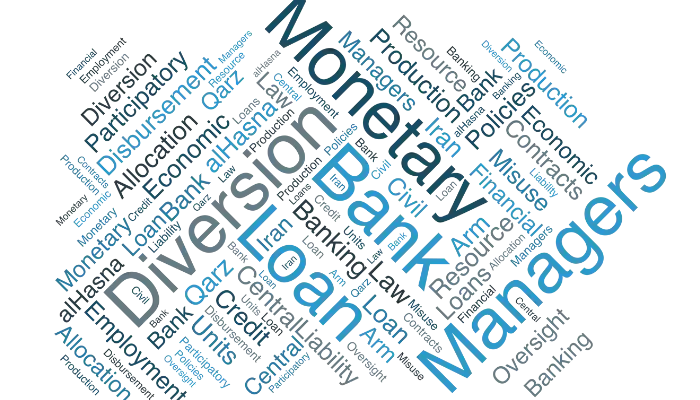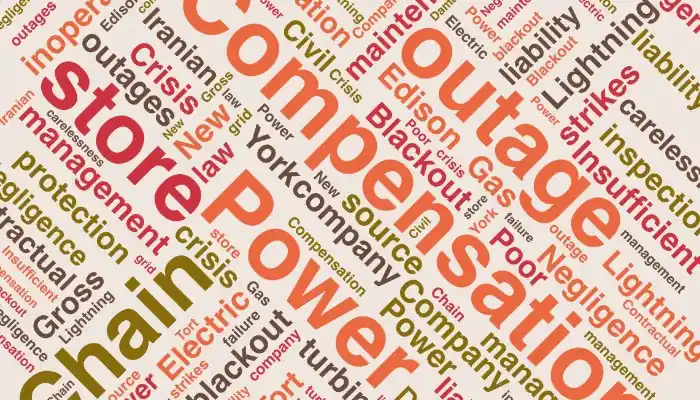According to the Law on Usury-Free Banking Operations, banks serve as the economic arm of the government in attracting and mobilizing citizen deposits and using them for public interests, such as the development of commercial, industrial, agricultural, economic, and service sectors in the country. Banks attract the people’s capital in the form of savings and Qarz al-Hasna loans, short-term and long-term deposits, as well as fixed-term investment deposits. As the proxy of the account holders, they then enter into participatory, transactional, and contractual agreements, including leasing with a condition of ownership, partnership, agricultural sharecropping, installment sales, direct investments, contract work, and forward transactions.
The goals and general principles of banking operations are outlined in chapters 3 and 4 of the Law on Usury-Free Banking Operations. This section specifies the purposes of transactions, the topics of bank loans, and the authorized types of contracts for granting facilities. According to the regulations in this section, banks can enter into contracts within the framework of the executive guidelines for each specific contract defined in the law, as approved by the Money and Credit Council, to create necessary facilities for the expansion of productive, commercial, service, and development activities, increase productivity and production in agriculture, industry, and mining, and establish low-cost housing units, among others.
Furthermore, the legislator, in Chapter 4 and Article 20 of the Law on Usury-Free Banking Operations, has stated that the Central Bank of Iran, by determining various fields of investment and partnership based on approved credit and lending policies, intervenes and supervises monetary and banking affairs. However, due to a lack of precise oversight, some deviations in resource allocation and loan disbursement have been observed. According to monetary and banking regulations, the lending bank is responsible for reviewing and evaluating all incoming plans and projects seeking loans from economic, technical, and financial perspectives. After ensuring that the plan is sound and that the principal and interest on the loans can be repaid, the proposed plan is approved. In fact, the critical responsibilities of bank managers include drafting comprehensive and precise contracts, ensuring the availability of funding according to the contract’s timeline, and accurately monitoring the progress of each plan. If this procedure is not followed correctly, we will see increasing restrictions in services, agriculture, industry, mining, commerce, and working capital for production units, leading to damage to production, which contradicts the country’s monetary and banking policies.
Stated Defects and Issues
The success of many monetary and economic programs and policies depends on the proper functioning of the banking system in credit and loan allocation. Any deviation in the use of these loans for purchasing coins, gold, cars, etc., disrupts employment and production. Therefore, considering that the bank is the economic arm of the government and must follow the country’s monetary policies, any deviation in the bank’s resource allocation should be considered a national concern.
In this regard, a research proposal titled “Scope and Extent of Civil Liability of Bank Managers in Case of Loan Misuse” has been put on the agenda of the Kerman Province Government-Private Sector Dialogue Council. After conducting the research and identifying proposed solutions in this area, these solutions will be presented to the Central Bank in meetings. After review, they will be communicated to other banks across the country to establish a unified procedure and prevent loan misuse.





